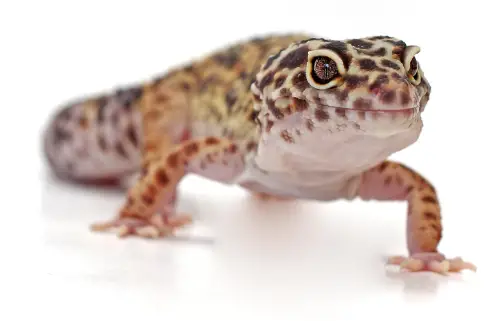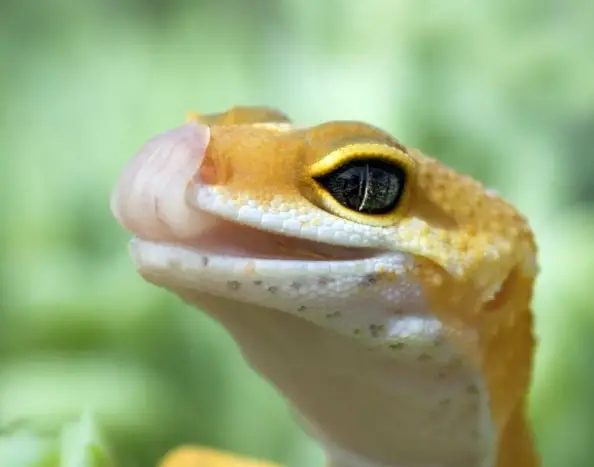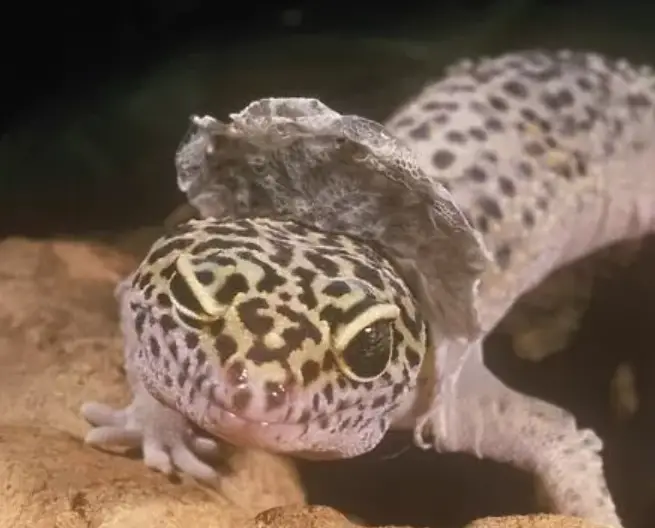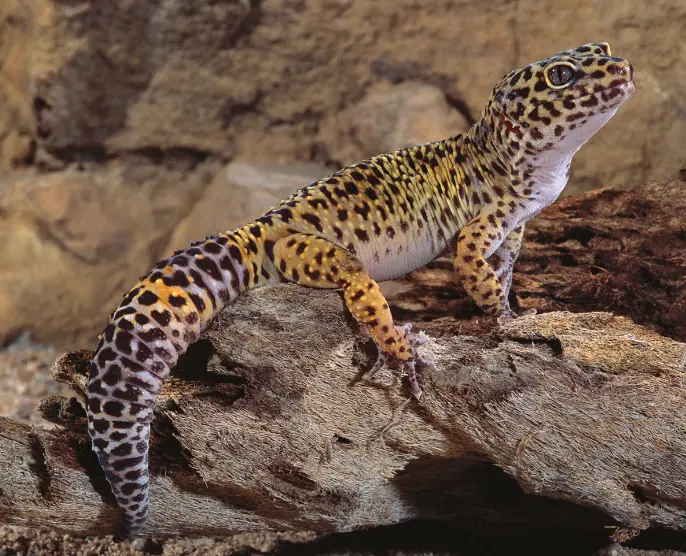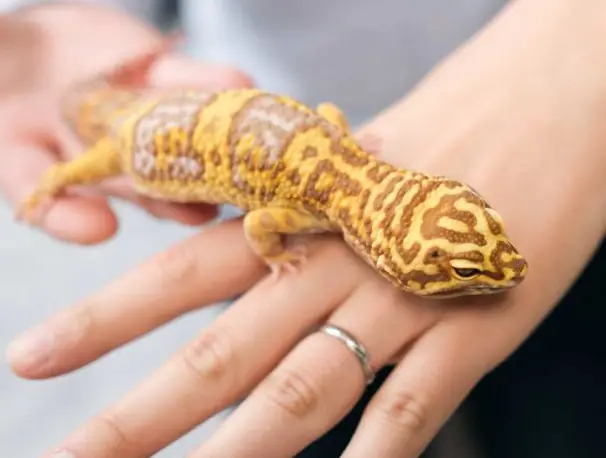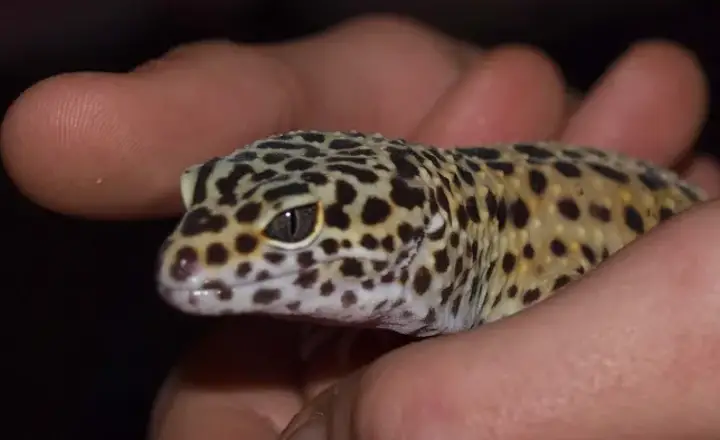Leopard geckos are adorable, small, and easy-to-maintain animals that make for excellent pets. They are generally low-maintenance, relatively easy to care for, and can live for around 15-20 years. A healthy and well-fed leopard gecko can be a joy to have as a pet. However, like all animals, too much food can lead to obesity. In this article, we will explore how to know if your leopard gecko is overweight and the steps you can take to keep them at a healthy weight.
Without further ado, let’s dive in.
What is the ideal weight for a leopard gecko?
Before diving into weight, it’s important to know what a healthy leopard gecko looks like. A healthy leopard gecko should have a visibly muscular build, a visibly full tail, and a healthy appetite. As a general rule, a healthy adult leopard gecko should weigh between 50-90 grams.
Signs of overweight in leopard geckos
Once you know the ideal weight for your leopard gecko, it’s important to know how to spot signs of overweight in your animal. The following signs can suggest that your leopard gecko may be overweight:- A large belly
– Difficulty walking and moving around
– Bulging fat around the limbs
– Inability to shed their skin properly
– Lack of appetite
Causes of overweight in leopard geckos
There are a few factors that can contribute to your leopard gecko’s weight gain. These include:
– Overfeeding: This is the most common reason for overweight in leopard geckos. Feeding your gecko too much food or too often can quickly lead to weight gain.
– Lack of exercise: Leopard geckos need space to roam around and get exercise. A lack of space and stimulation can quickly lead to weight gain.
– Incorrect diet: Feeding your leopard gecko food that is too fatty can quickly lead to weight gain.
The Relationship between Age and Weight in leopard geckos
Age is an important factor when it comes to the weight of leopard geckos. Younger geckos weigh less, while older ones tend to weigh more. It is essential to ensure that your leopard gecko’s weight is proportionate to their age or life stage. If your leopard gecko is too skinny or too fat for their age group, it’s time to adjust their diet and feeding routine.
Feeding leopard geckos
Leopard geckos are primarily insectivores and require a diet of insects such as crickets, mealworms, waxworms, or roaches. The quantity and frequency of feeding will depend on the age of the gecko and its activity level. Typically, juvenile leopard geckos should be fed every day, while adult geckos can be fed every other day or every three days.
Tips for maintaining a healthy weight for leopard geckos
The following suggestions can help keep your leopard gecko at a healthy weight:
– Feed your gecko insects that are low in fat
– Limit the number of insects your gecko eats
– Change the diet routine, the variety of insects, and the method of serving them
– Give your gecko space to run around and get the exercise it needs.
How to help an overweight leopard gecko
If you notice your leopard gecko is overweight, there are steps you can take to help them lose weight. These include:
– Reducing the number of insects you feed them
– Replacing insects that are high in fat and replacing them with those that are low in fat
– Increasing your gecko’s exercise by providing more space
– Reducing the size and frequency of meals
– Modifying the type of insects you feed your gecko
– Monitoring your gecko’s weight regularly.
When to take your leopard gecko to the vet
If you notice any of the signs of overweight in your leopard gecko, it’s essential to contact a veterinarian. The vet will examine your gecko, check their weight, and provide advice on what steps to take to keep them healthy and ensure their quality of life.
Preventing overweight in leopard geckos
Prevention is always better than cure. Here are some preventive measures to keep your leopard gecko from becoming overweight:
– Feed your gecko a well-rounded, balanced diet.
– Provide adequate space for exercise and activities.
– Limit the number of insects and the frequency of feeding.
– Offer fresh water regularly.
Conclusion
In conclusion, it’s important to maintain a healthy weight for your leopard gecko. By monitoring their weight regularly, reducing the size and frequency of meals, providing more exercise opportunities, and feeding them low-fat insects regularly, you can help your gecko stay in a healthy weight range. Obesity can lead to many health problems, including organ failure, so it’s crucial to take appropriate action to keep them healthy. If you suspect your gecko is overweight, contact a veterinarian immediately for advice on how to proceed.
